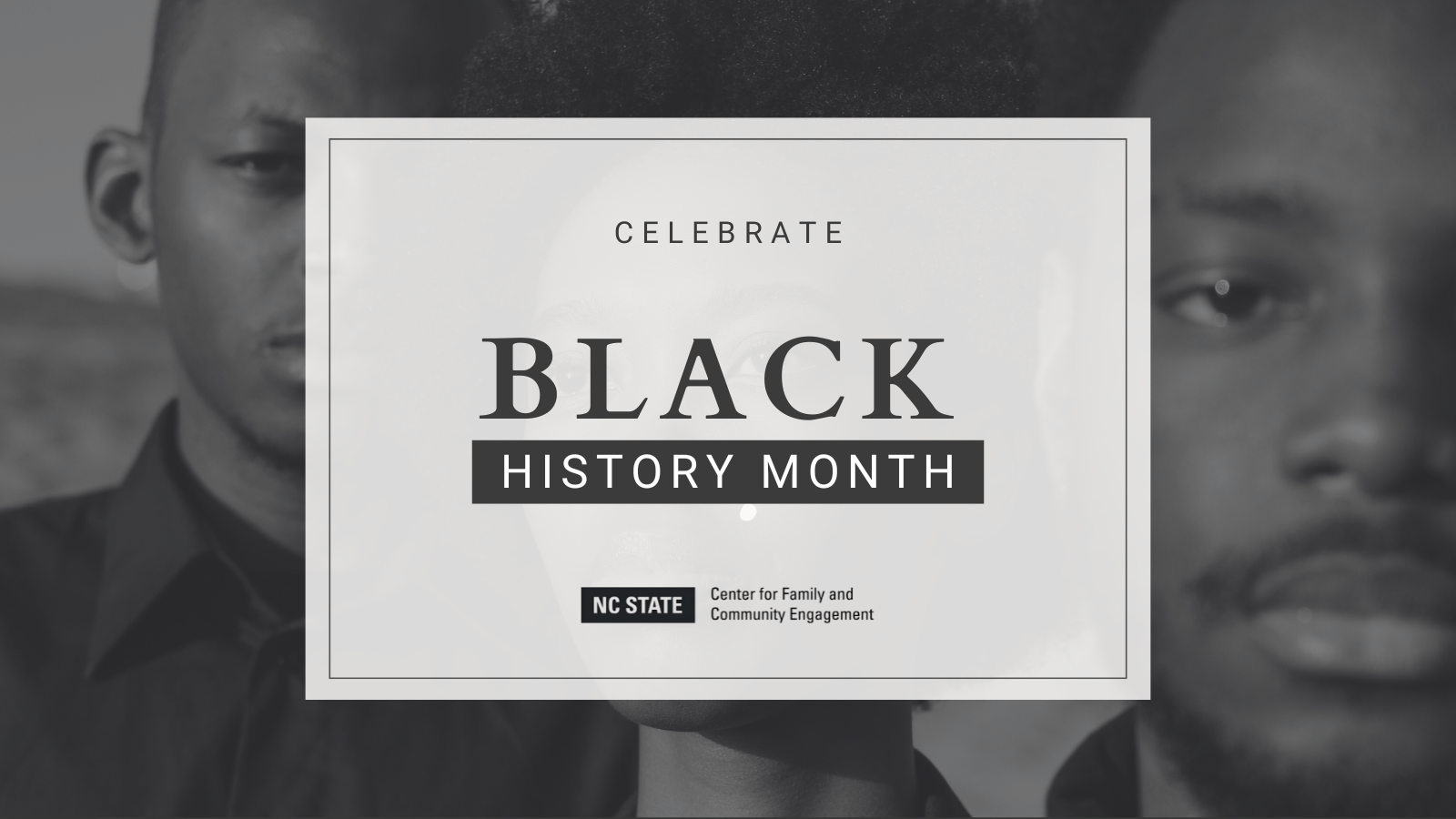Each February, Black History Month offers an opportunity to honor the history, resilience, and achievements of Black individuals and communities. This is a time to reflect on the contributions of those who have shaped history and continue to influence society. While Black History Month is often marked by tributes to civil rights leaders, inventors, artists, and scholars, it also serves as a vital reminder to focus on issues that impact families and children, particularly in the realm of child welfare.
The Cultural Significance of Black History Month
Black History Month, originally established by historian Carter G. Woodson in 1926, was expanded to a month-long observance in 1976. It recognizes the essential roles of Black individuals in the narrative of American history. It also provides a platform to educate others about the systemic challenges Black communities have faced and continue to overcome.
The cultural significance of Black History Month extends beyond commemoration; it is a call to action to preserve and amplify Black stories, traditions, and values. These narratives are especially powerful in shaping young minds, fostering resilience, and instilling pride in one’s heritage. For families, it is an opportunity to pass down lessons of perseverance and hope, ensuring that future generations remain connected to their roots and inspired by the achievements of their ancestors.
Black Advocates in Child Welfare: Champions of Change
In the sphere of child welfare, Black advocates have played a crucial role in addressing systemic inequities and improving outcomes for children and families. Historically, Black children have been disproportionately represented in the foster care system, often due to structural racism, economic disparities, and biases in reporting and placement practices (National Bureau of Economic Research). During Black History Month, we would like to honor two amazing women and their important role in improving the lives of children and expanding the fields of social work and child welfare.
Janie Porter Barrett
Janie Porter Barrett began providing services for African American children from her home in Hampton, Virginia in 1890. She and her husband went on to build a separate facility in 1902. In addition, Barrett, with the assistance of the African American Club, established the Virginia Industrial School of Colored Girls in 1915. Many of the girls who attended this school were orphaned or delinquent. Prior to Barrett founding this home, all of those African American girls would be sent to jail. Many communities would go on to develop programs modeled after this one (Allen, 2022).
Fredericka Douglass Sprague Perry
Fredericka Douglass Sprague Perry was the granddaughter of the famous abolitionist, Frederick Douglass. She and her husband helped provide better health care to African American children in Kansas City, Missouri. In addition to working with her husband who founded a hospital, Fredericka Douglass Sprague Perry worked as a juvenile court worker. She was concerned about the lack of foster homes for African American children over 12 years old who were sent to the state delinquency institution where no one cared for them. So, in 1934, with help from others, she founded the Colored Big Sister Home for Girls. She also called attention to the need for foster care services for African American children, which led states to begin providing child welfare services that included African American children (Allen, 2022).
Although these incredible advocates made significant progress and paved the way for further change, racial disparities do still exist in the foster care system. For example, data from Michigan suggests that “Black children are placed in foster care at higher rates than White children with identical risk of future maltreatment in the home” (National Bureau of Economic Research, 2023). These disparities have profound implications for Black families and communities and perpetuate cycles of trauma and inequality. Black child welfare advocates continue to work tirelessly to combat these inequities, advocating for policies that prioritize family preservation, cultural competence, and equitable resource allocation. Their efforts have led to significant strides in reforming child welfare practices, emphasizing the importance of kinship care, culturally relevant services, and community-driven solutions.
Honoring Trailblazers in Child Welfare
Black History Month is an ideal time to celebrate the contributions of trailblazers in child welfare. Leaders such as Dorothy Roberts, the author of Shattered Bonds: The Color of Child Welfare, have shed light on the racial disparities within the system and called for transformative change. Organizations like the National Black Child Development Institute (NBCDI) and the Black Administrators in Child Welfare (BACW) continue to advocate for policies and practices that empower Black families and support child well-being. In North Carolina, leaders like Letha Muhammad, Deborah Dicks Maxwell, Dr. William Jackson, and so many more are working to create better futures for children. For example, Lethan Muhammad, the Executive Director of the Education Justice Alliance, is committed to fighting for equitable access to quality education for Black, brown, and other historically marginalized children (Perkins, 2022).
These individuals and organizations remind us that advocacy is deeply rooted in the principles of social justice and community empowerment. Their work underscores the importance of addressing systemic barriers and ensuring that every child has the opportunity to thrive within a loving and supportive environment.
How You Can Honor Black History Month
As we observe Black History Month, you can celebrate Black heritage by engaging in meaningful activities that foster connection and learning. Storytelling, reading books by Black authors, and attending cultural events are wonderful ways to honor the legacy of Black leaders. Families can also use this time to discuss the importance of advocacy and how they can contribute to building a more equitable society.
Incorporating lessons about child welfare and the advocates who have fought for systemic change can inspire children to recognize the value of compassion and justice. These lessons can empower the next generation to continue the work of creating a world where all children and families are treated with dignity and respect.
Moving Forward
Black History Month is a celebration of the past, present, and future. It is a time to honor the resilience of Black families, acknowledge the contributions of advocates in child welfare, and recommit to addressing systemic inequities. By shining a light on these issues, we pave the way for a more inclusive and just society—one where every child has the opportunity to flourish and every family is supported in their journey toward well-being.
This February, let us celebrate the rich tapestry of Black history and culture while championing the work of those who have dedicated their lives to the welfare of children and families. Their legacy serves as a testament to the power of advocacy, resilience, and the enduring pursuit of justice.
- Categories:



